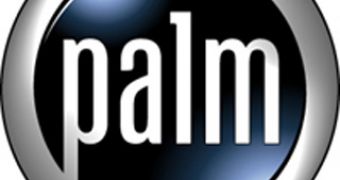Struggled mobile phone maker Palm says it is capable of staying alive on its own, even if its flagship webOS-based devices are registering slow sales on the market. Jon Rubinstein, chief executive officer, said that the company was considering the possibility of licensing its new mobile platform to other companies to boost sales.
The handset vendor's Palm Pre and Palm Pixi devices (including the Plus versions) have shown weak performance on the market, and rumors on a possible takeover emerged a couple of weeks ago. While stating that Palm can survive as an independent company, Rubinstein notes that a buyout is an option that is currently being evaluated, and that it appointed banking advisers to examine all available options, including this one, a recent article on Financial Times reads.
Palm released the webOS platform last year, hoping that it would enable it to regain its foothold on the mobile phone market. However, its Palm Pre and Pixi handsets, both powered by the OS, have seen strong competition from the Apple iPhone and from phones powered by Google's Android platform, and failed to meet expectations.
“I believe Palm can survive as an independent company,” Rubinstein told the Financial Times. “We have a plan that gets us to profitability.” He added that the handset vendor was working hard on the development of new devices, and that it should unveil a strong lineup of products in the future. Palm had a gross cash position of $592 million at the end of its third quarter.
“If there’s an appropriate strategic relationship or business deal that makes sense to us then of course we would licence webOS because obviously the more scale we get the more the benefit there is to us,” Palm's CEO stated. When asked about a possible takeover, he said the following: “If someone comes to the board with a reasonable offer of course it’s something we have to consider.” Analysts suggest that Palm might see bids of $2 to $3 billion, given the potential of webOS.

 14 DAY TRIAL //
14 DAY TRIAL //